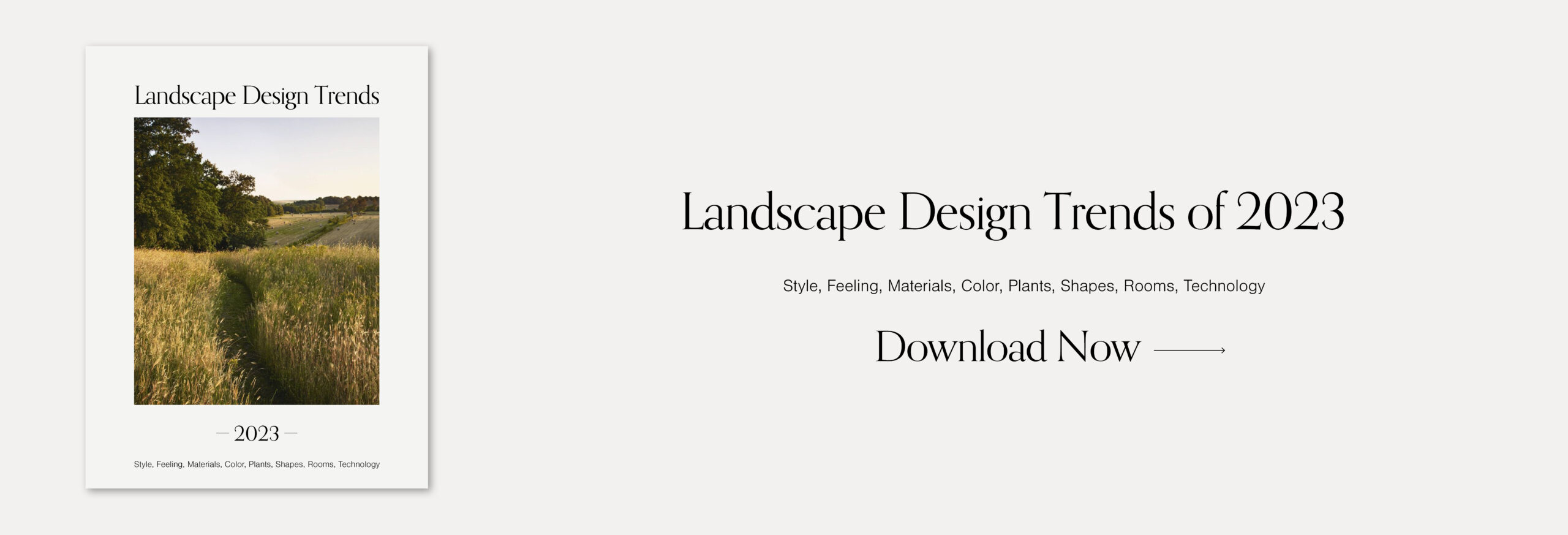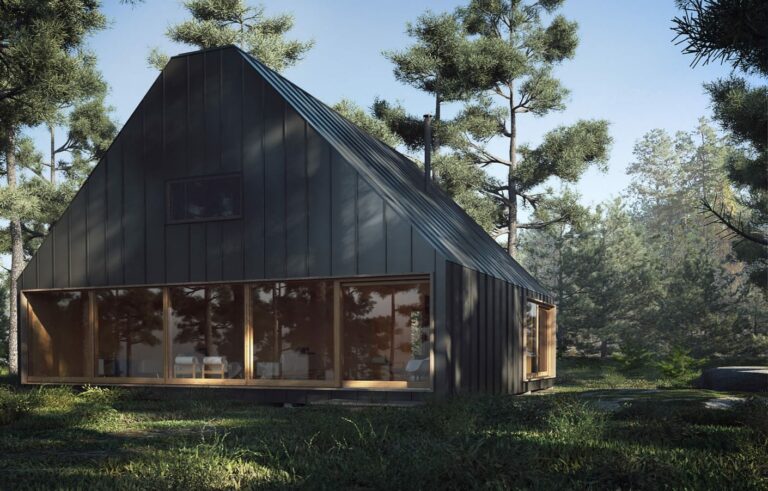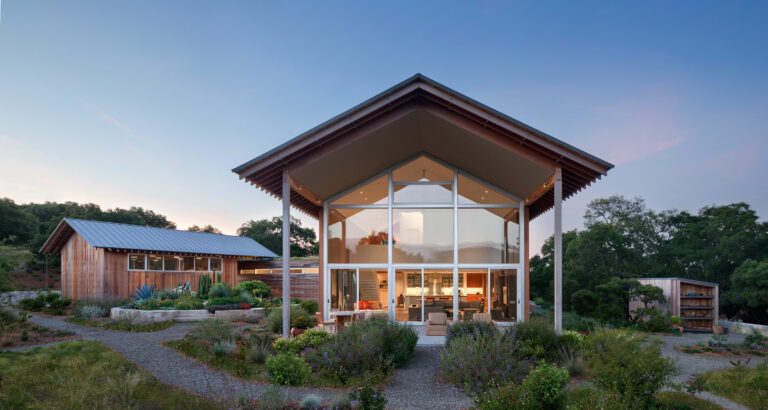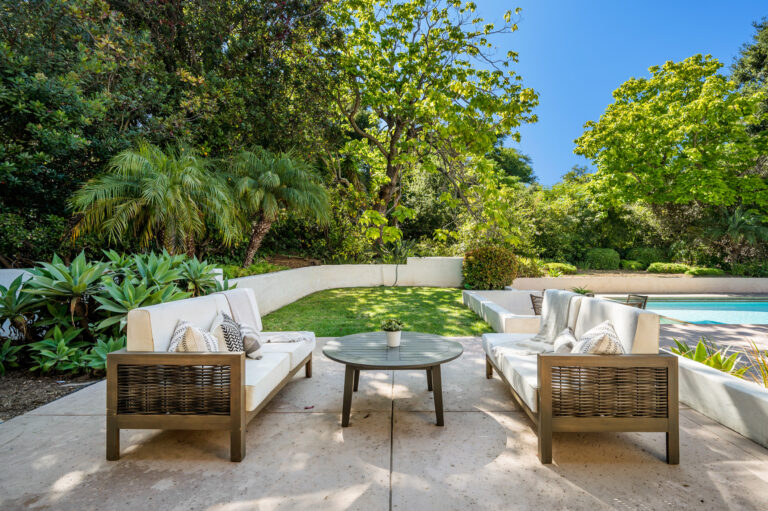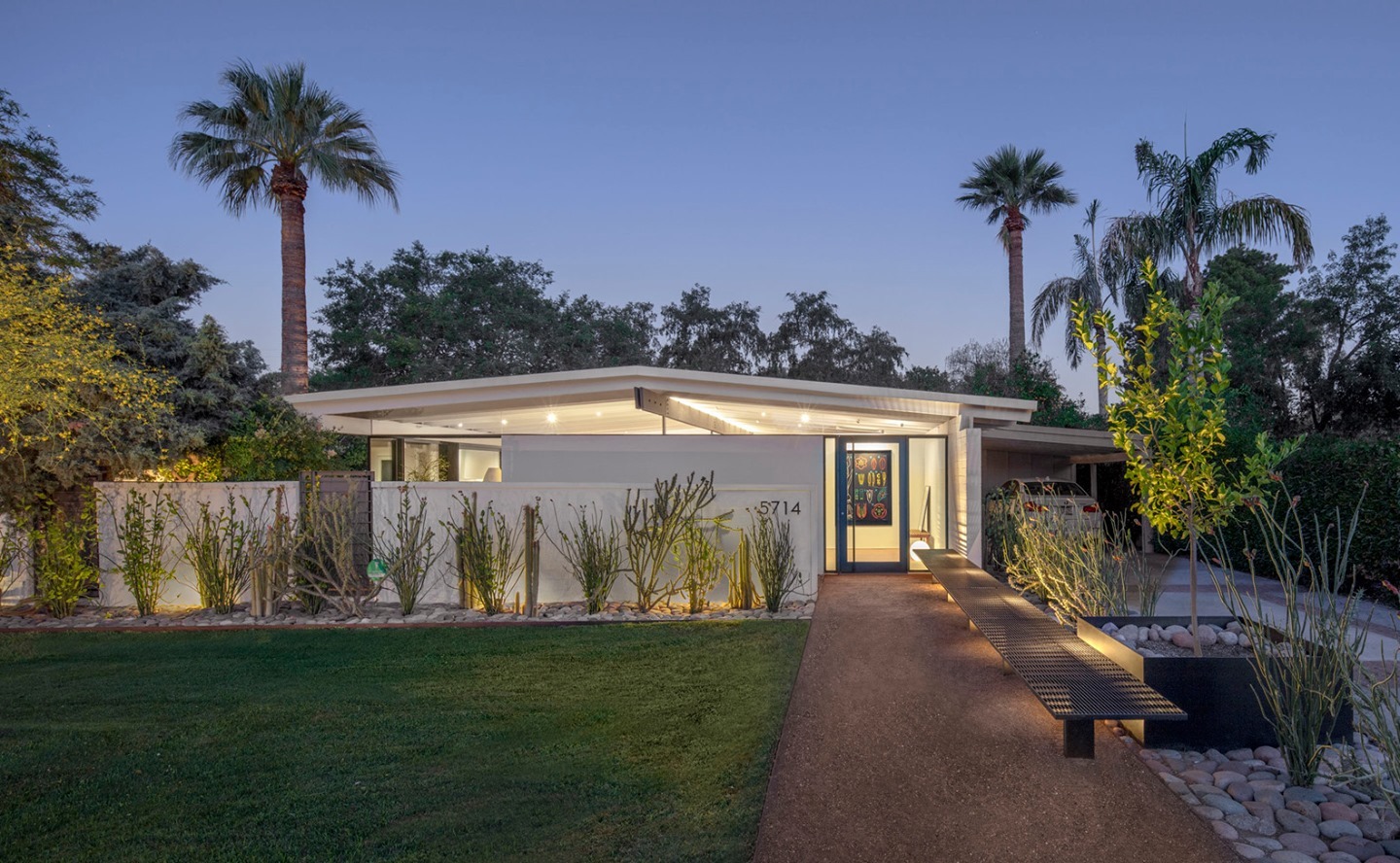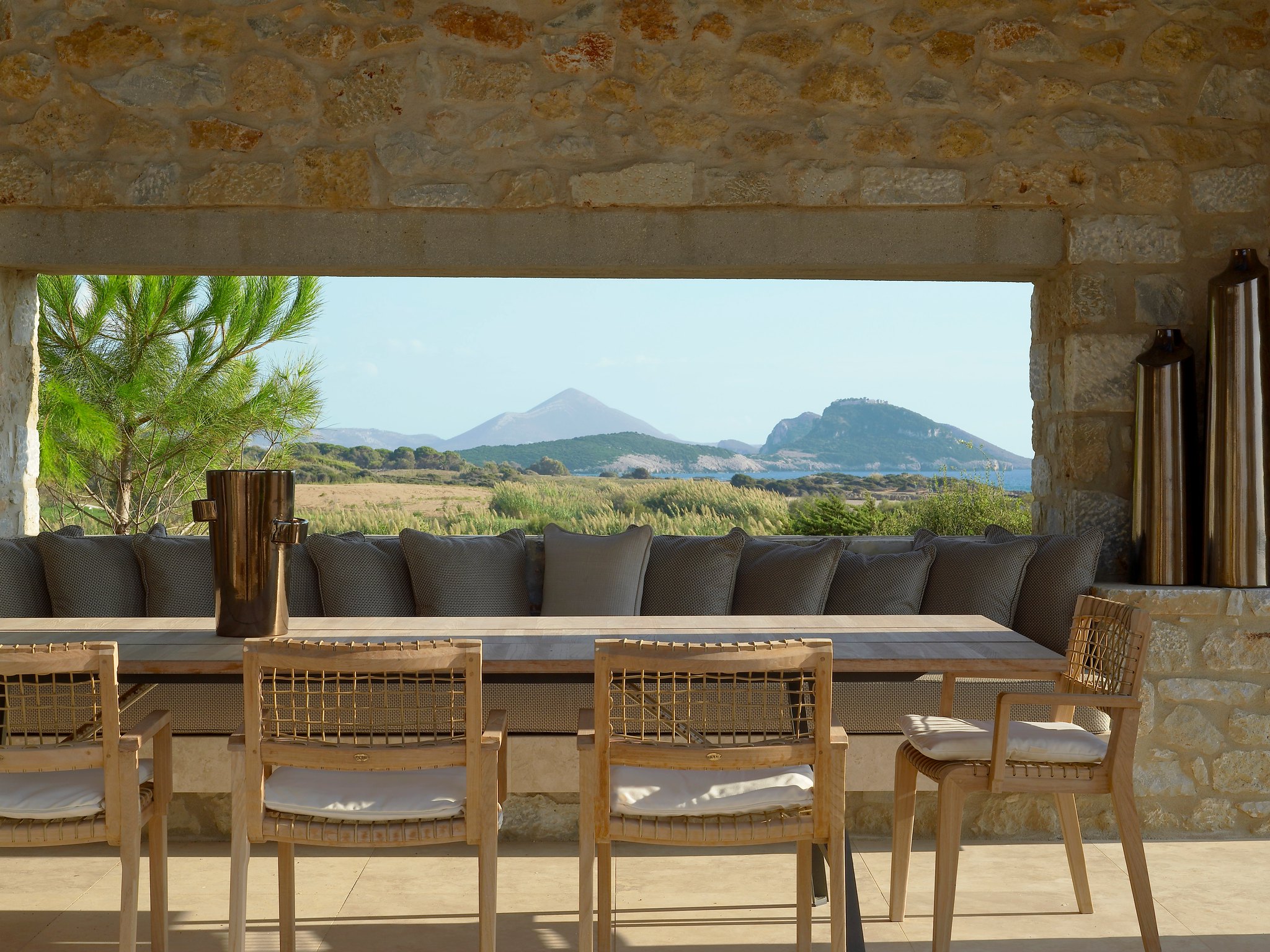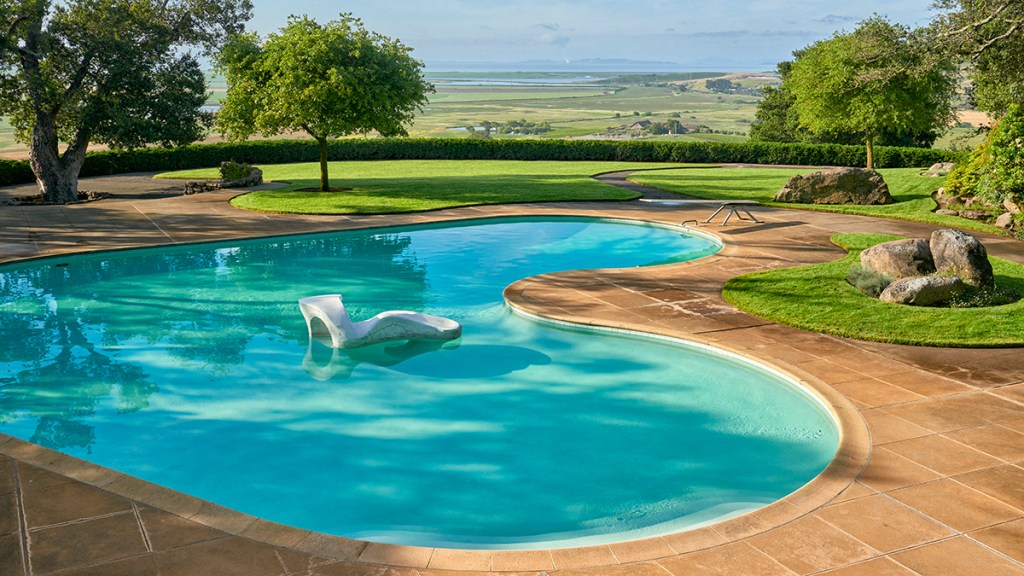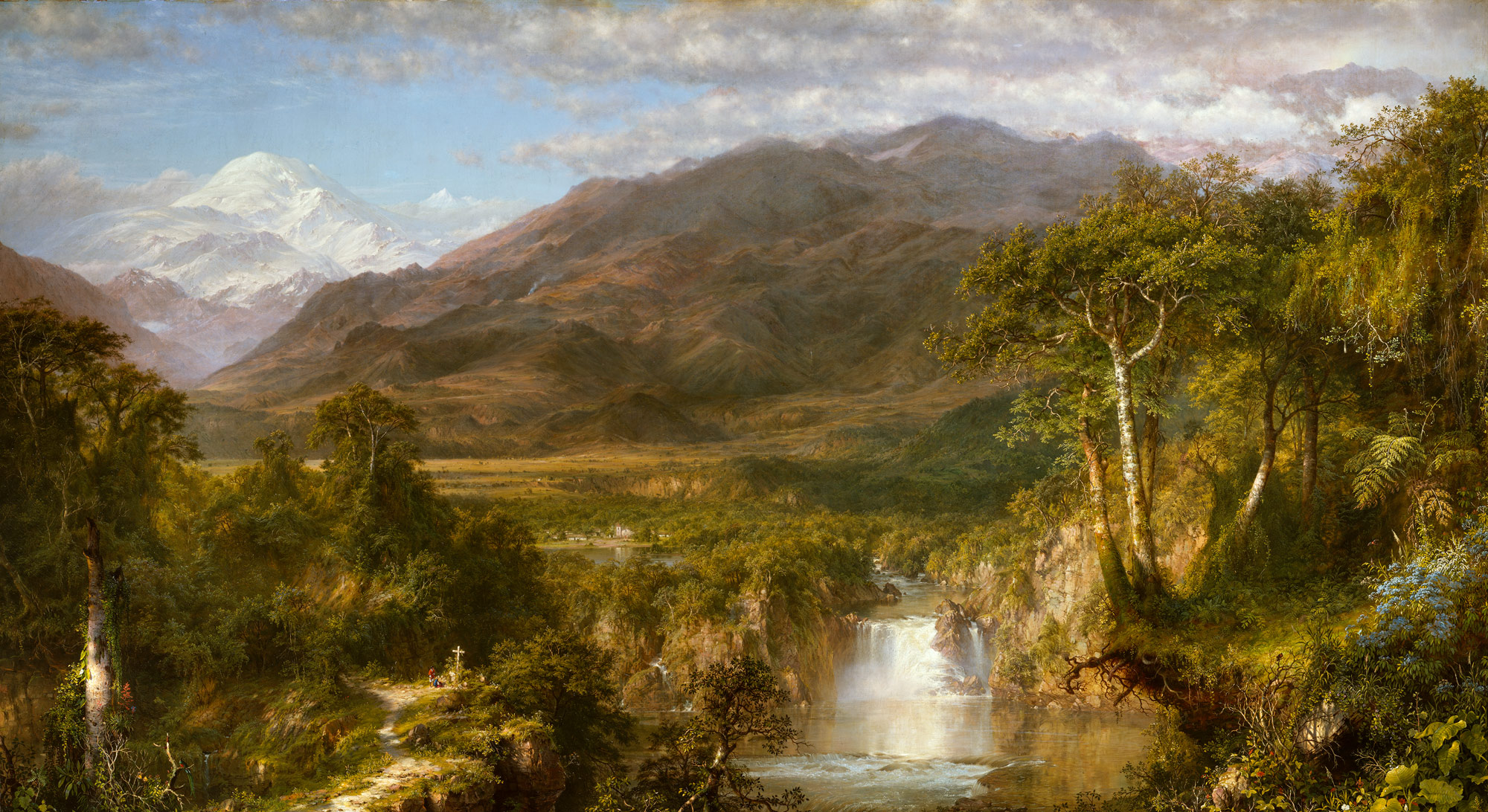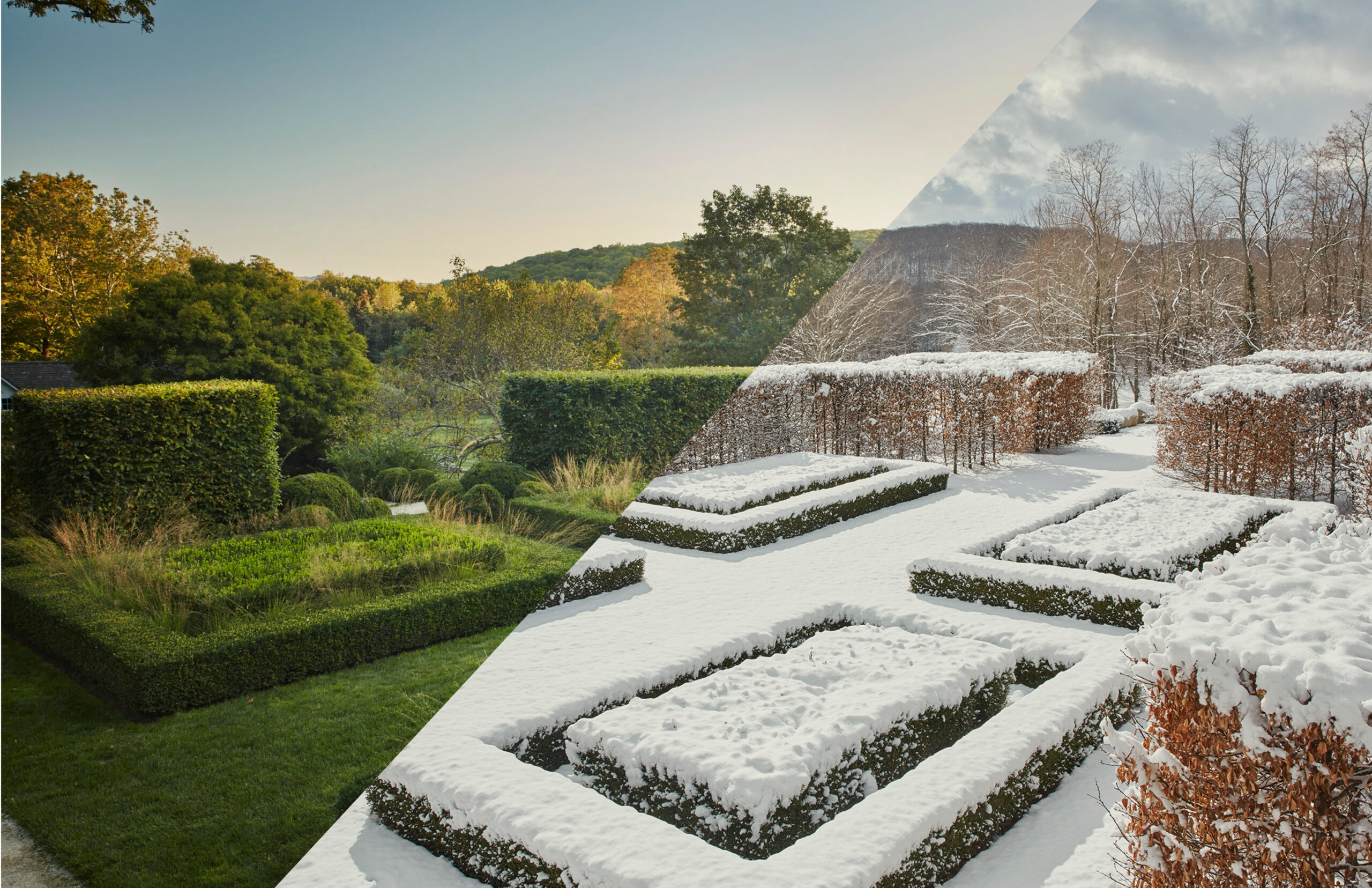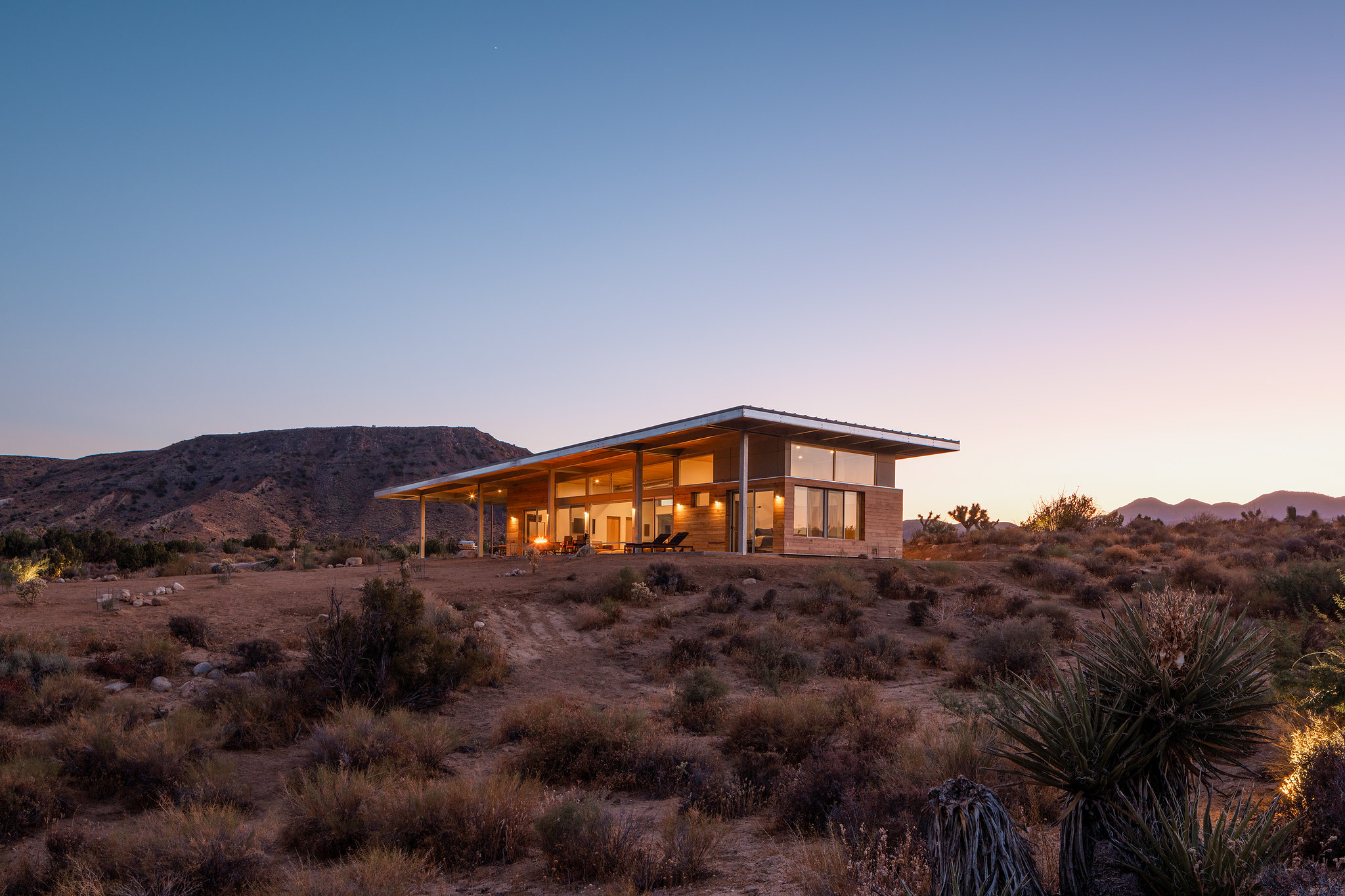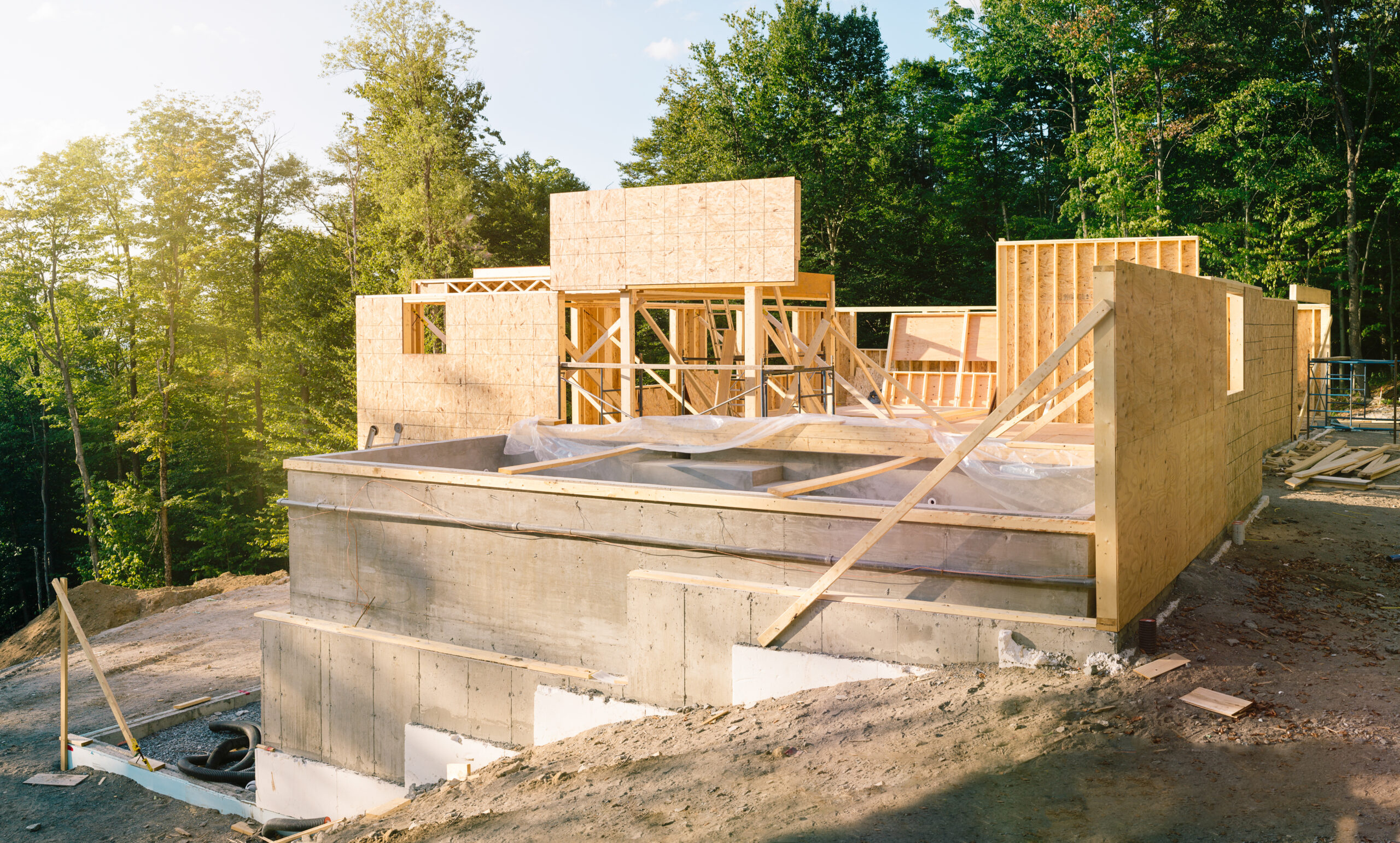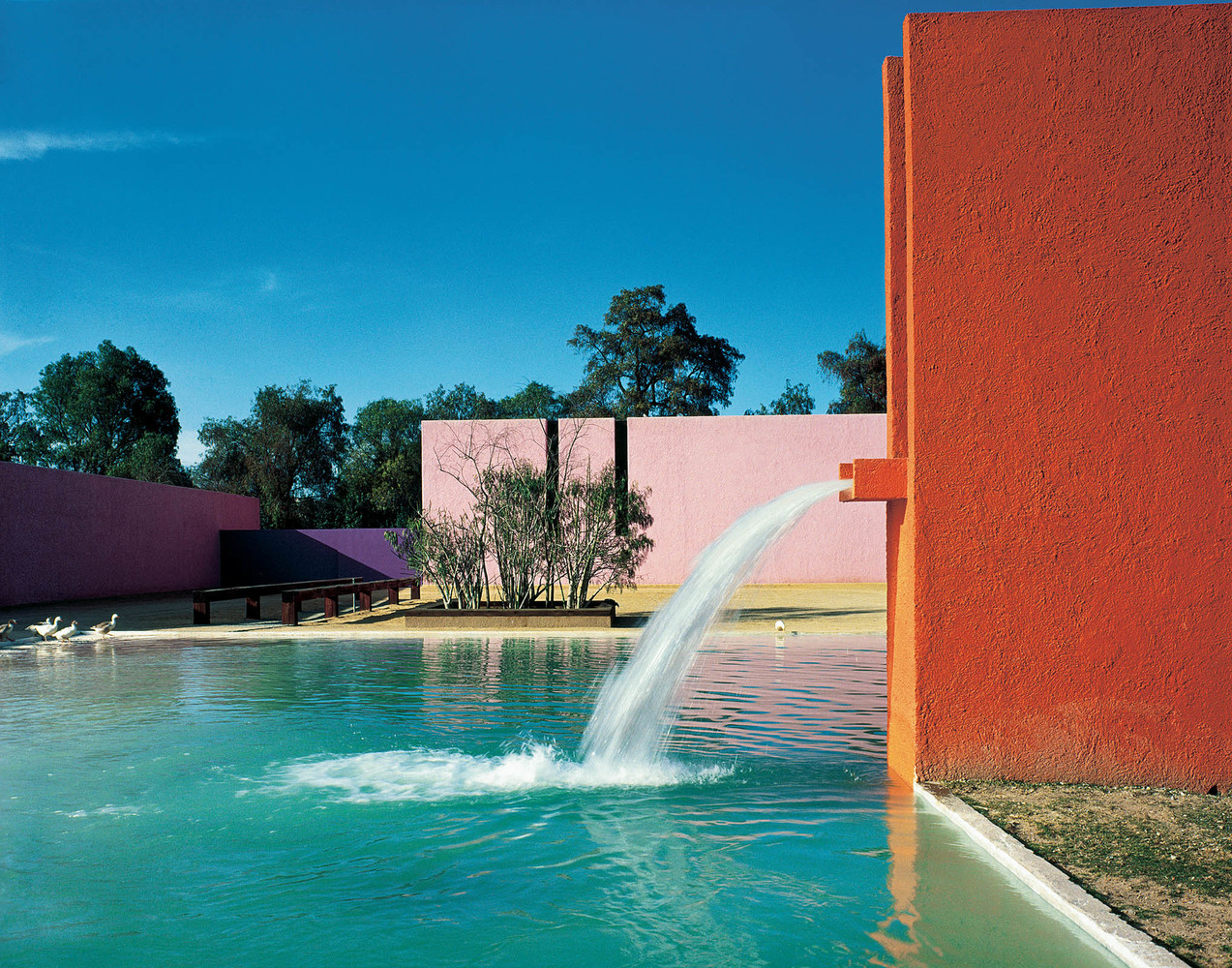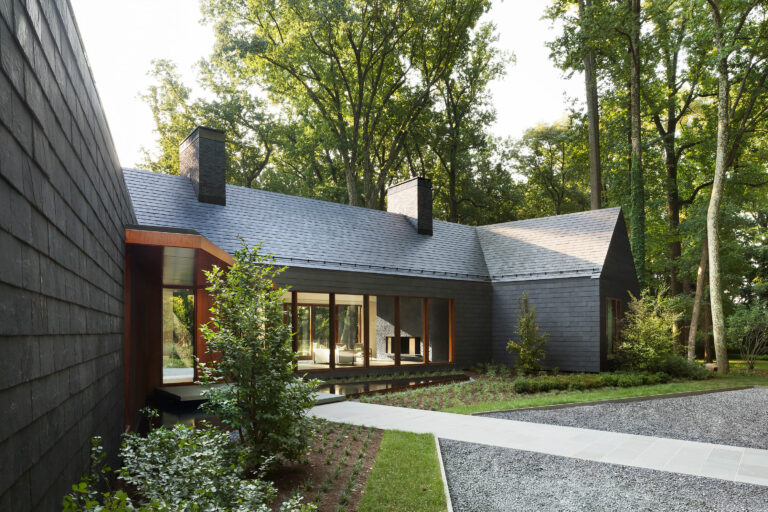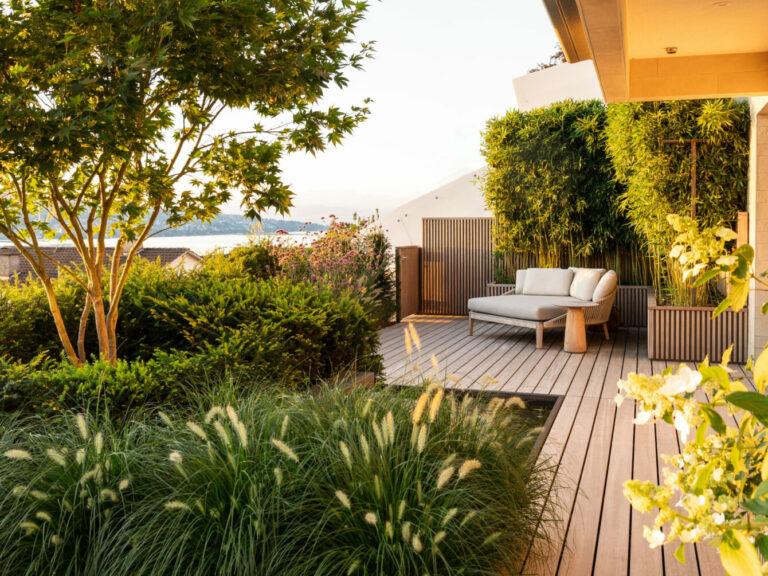Sustainable stormwater management practices and permeable surfaces are critical for any environmentally conscious landscape design.
But can sustainable stormwater management be complementary to your overall landscape design and still be aesthetically pleasing?
When a landscape design proposal mentions “stormwater management”, it usually conjures up images of large gray concrete culverts used to divert surface runoff.
As landscape architects and designers, it is our responsibility to propose creative problem-solving solutions that complement the surrounding landscape while educating clients on sustainable practices and permeable solutions to recharge ground water.
Best Selling Books in Sustainability
Benefits of Permeable Surfaces
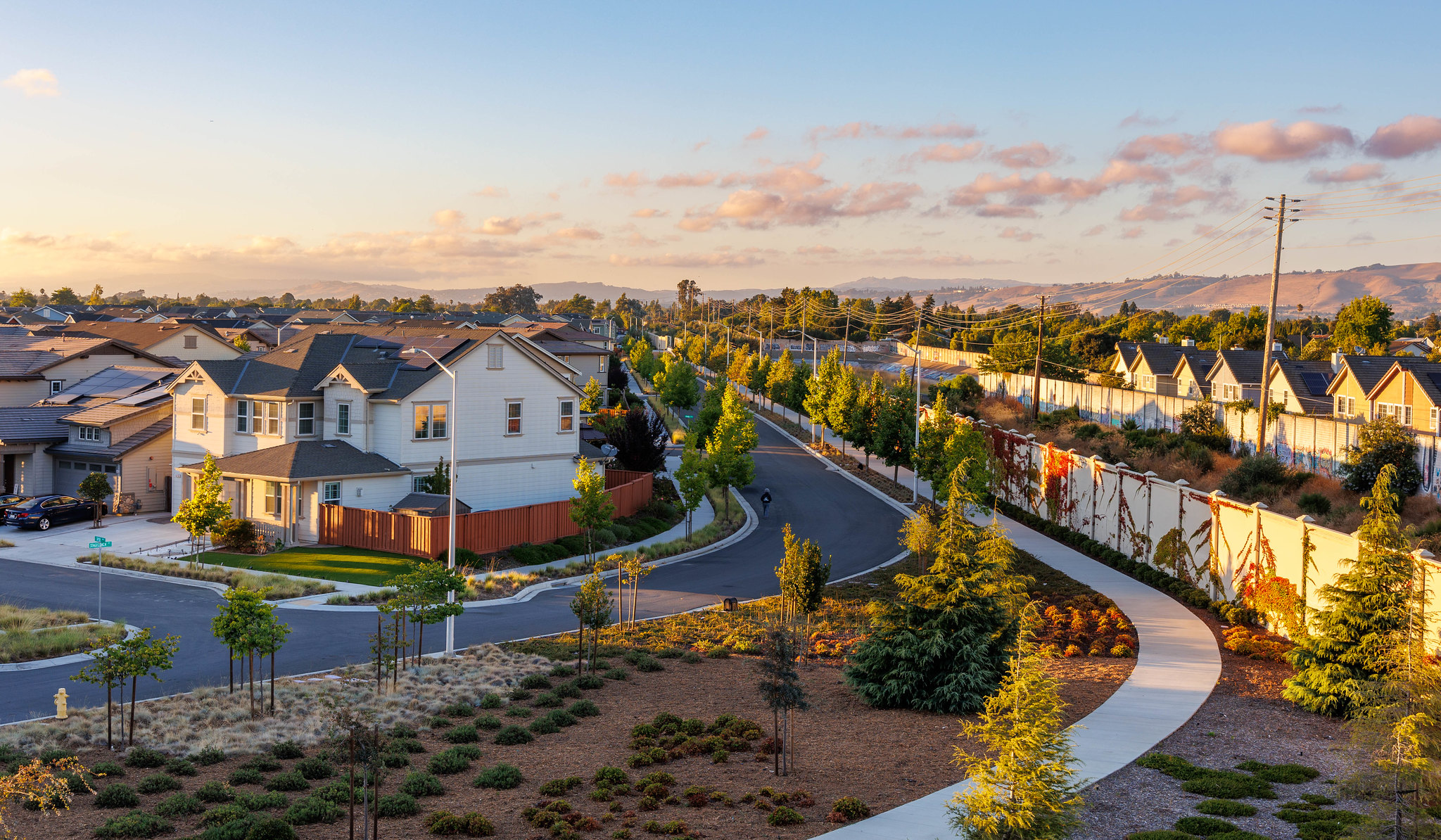
As urbanization continues to spread and reshape existing communities, there has been a popular increase in permeable surfaces.
Grasslands, wetlands, and forested areas were once critical land features for groundwater replenishment and surface water infiltration, however, developments are converting these key ecological features into new industrial parks, commercial plazas, and residential communities.
These newly converted spaces consist mostly of impervious paved surfaces, such as roads, driveways and foundations for buildings with only sparse green space throughout.
The impervious material dominating modern landscapes burdens the existing stormwater management systems. Impervious surfaces make up 73% of the land mass in some of North America’s largest cities, such as New York City, Los Angeles, and Toronto (Iqbal Monica, 2019).
In order for our urban systems to operate sustainably in the future, designers need to incorporate permeable surfaces into landscape designs today.
Incorporating these types of systems into projects is a key opportunity to provide a number of financial and ecological solutions to communities by adding pervious surfaces to a homeowner’s otherwise impervious design.
Best Selling Books in Landscape Design
-

Beyond Wild: Gardens and Landscapes by Raymond Jungles
$ 60.00 Learn More -

The Tree Book: Superior Selections for Landscapes, Streetscapes, and Gardens
$ 79.95 Learn More -

250 Things a Landscape Architect Should Know
$ 34.99 Learn More -

Architectural Gardens: Inside the Landscapes of Lucas & Lucas
$ 50.00 Learn More
Positive Impact of Permeable Surfaces
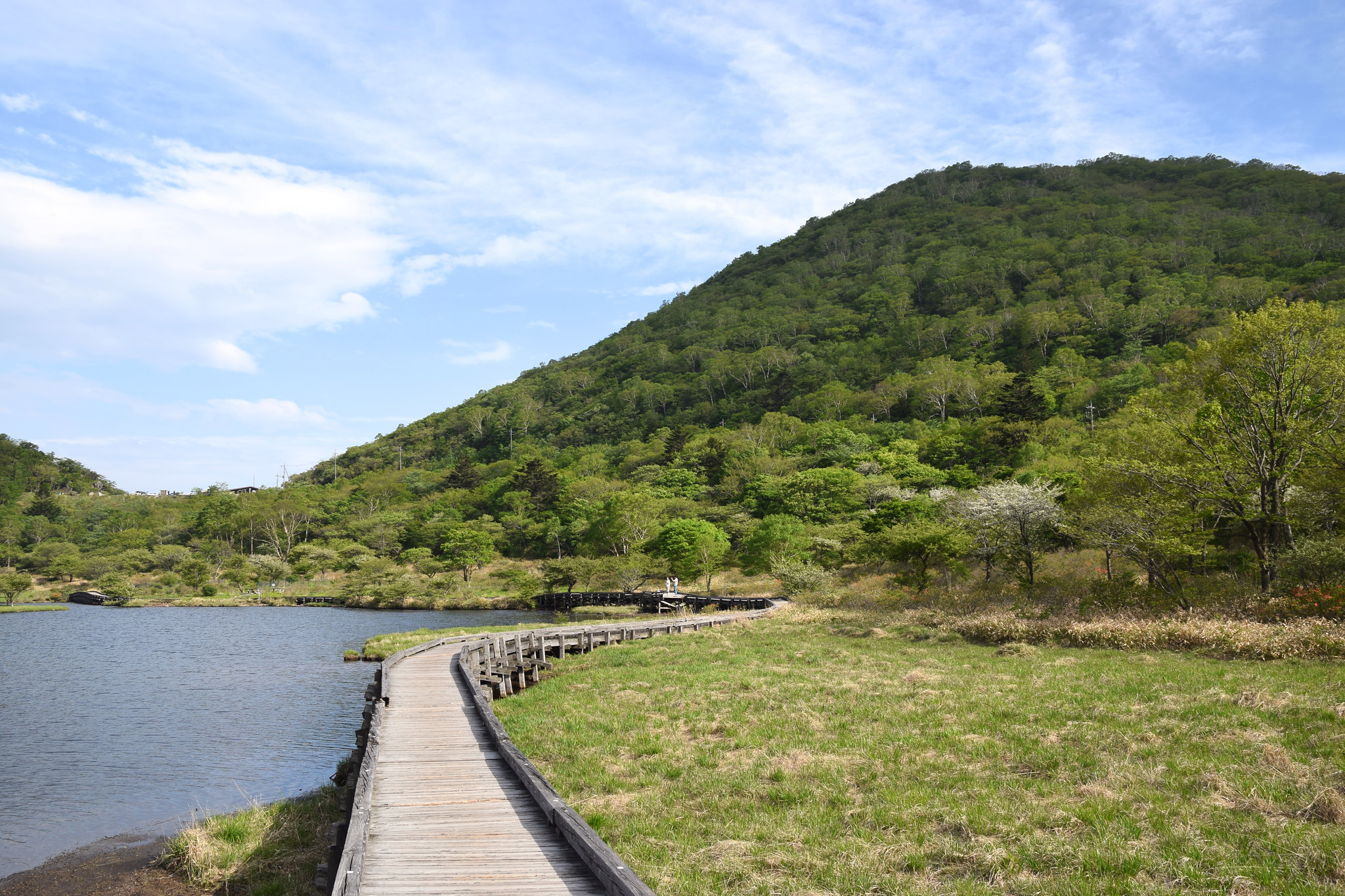
Impermeable surfaces create increased drainage and rainwater runoff concerns.
Many homeowners are concerned about keeping water away from their foundation. It only takes one flooded basement for a homeowner to become fixated on this issue, requiring the designer to reassure them throughout the design process that they have addressed the issue.
The increase of impermeable surfaces have also caused an abundance of ecological concerns. With the reduction and, in many cases, the removal of urban permeable surfaces, runoff can now travel directly into water sources, such as urban creeks and rivers – collecting debris, fertilizers and other hazardous material for natural resources.
Permeable surfaces, such as sodded areas, no longer filter runoff, causing it to travel directly into our exposed water sources.
Landscape designs can help mitigate the effects of stormwater runoff and the problems associated with the increase of impermeable surfaces.
Addressing these problems not only has a positive environmental impact but also ensures that we are providing the best design possible for our clients.
Glass as a Permeable Surfaces
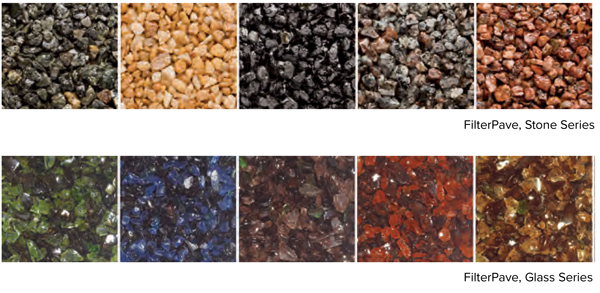
FilterPave is a system of products that utilize recycled aggregates to create highly permeable and aesthetically unique paving solutions.
Hardscape materials are a necessity to ensure that designed landscapes meet the functional requirement of the user, but with this permeable technology, functional necessity is no longer a deterrent to the environment.
The wide array of FilterPave products can be incorporated into any design as aesthetically pleasing paving accents, focal pieces, and environmental design focal pieces.
FilterPave currently has the two products in their system lineup, FilterPave Glass Series and FilterPave Stone Series.
FilterPave Glass Series is a highly porous, recycled glass-based aggregate that builders can utilize in any pedestrian paving application. This paving material is structurally sound, offering similar strength ratings to typical paving options and binds 100% post-consumer recycled glass using a unique polyurethane elastomeric binding agent.
The resulting product has a unique aesthetic quality while being twice as porous as traditional paving options. In one square foot of the product, typically 90 glass bottles of all colors can be found.
The Glass Series comes in a wide variety of colors, providing the landscape designer with options to compliment their overall design scheme. It is made by processing recycled glass, eliminating and rounding all existing sharp edges found on the material.
The Glass Series can introduce a unique paving feature that can elevate both large and intimate small designs. The Glass Series is currently available in the following colors Green, Sapphire Blue, Topaz Brown, Sedona Red, Amber Brown and Granite Black. Used for walkways, dining patios, accent features, trails, and even tree rings, the Glass Series could become a unique paving feature in your next design.
Stone as a Permeable Surface
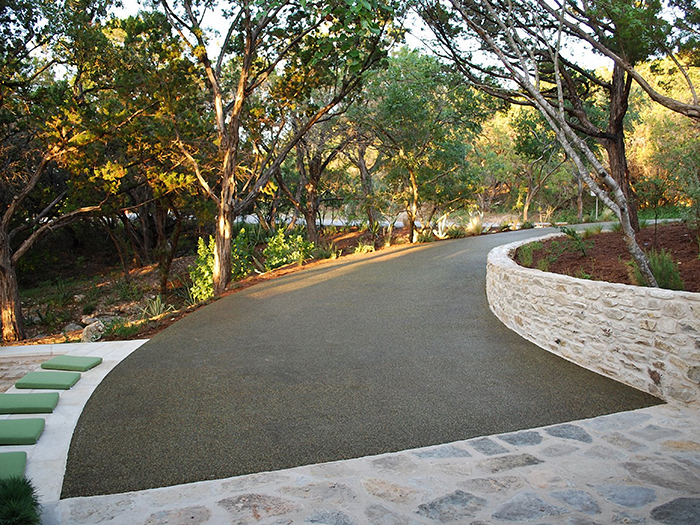
The second product in the FilterPave system lineup is the Stone Series.
Similar to the Glass Series, the Stone Series relies on up-cycled materials to provide a unique aesthetic quality to a highly porous paving material. It is made by mixing locally sourced recycled granite or granite type stones with the polymer agent, creating a unique architectural stone paving surface.
This paving surface has a similar permeability rate to its glass counterpart. The product is then poured-in place but unlike the Glass Series, this product is rated to handle vehicular traffic loads in addition to pedestrian applications. With a rating for vehicular application, this product is a stellar option for laneways, driveways, cart-paths, and carports.
Traditionally, paving intended for vehicular application is extremely monochromatic, industrial in aesthetic, and counterintuitive to an environmentally conscious landscape design. The Stone Series presents designers with a unique tool that can allow for the design of spaces that would have typically been screened, hidden, or ignored.
Landscape designers typically attempt to draw attention away from standardly paved vehicular areas. Specimen trees and colorful planting arrangements are the most common tools designers typically utilize to attempt to bring attention away from these areas. But with products such as Stone Series, these areas can now become focal or complimentary features in the overall landscape design. The Stone Series is currently available in the following color options, Sea Green, Sahara Gold, Starlight Black, Platinum Gray and Sunset Red.
About FilterPave
FilterPave products are available throughout North America and only a network of pre-approved and trained contractors can install them. This ensures the quality and longevity of the product.
The product has been stress-tested in a wide range of climates. It can withstand extreme heats, as well as the extremes of snow plowing and ice removal.
It is critical to understand the native underlying soil drainage condition for where you intend to install a FilterPave product. Sub-base layers will be required prior to the installation of the products, using ¾” Clear stone, washed rock, or recycled concrete at varying depths to provide the appropriate amount of storm water storage/structural base to both infiltrate water and support the pavement.





